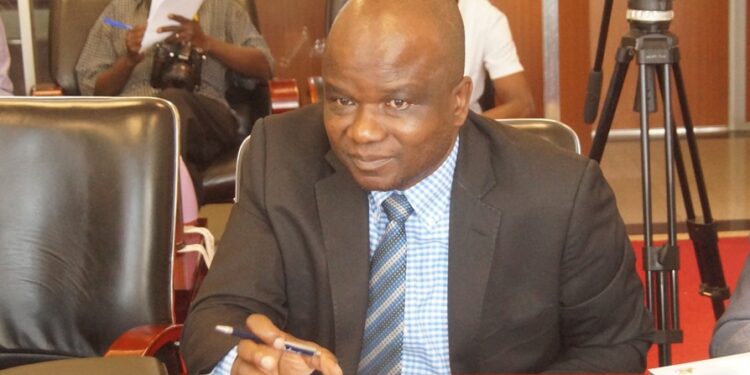Uganda AIDS Comission ( UAC) is currently buzzing with activities following the kick off of preparations for this year’s National HIV and AIDS Scientific Meeting slated for November 16-18 in Kampala.
UAC will host the event in partnership with Uganda National Academy of Science which is the secretariat of the Research, Academia, Science and Professional Bodies Associations (RASP) Self Coordinating Entity (SCE).
The meeting is a bi- annual ( happening every two years) feature of the UAC’s coordination framework mainly consisting of abstracts, selected state of the art and peer reviewed presentations on different aspects of HIV and AIDS.
According to UAC Director General Dr. Nelson Musooba, this particular meeting will be used as an opportunity for the country to reflect on the preparedness for the upcoming ICASA 2021 due in December.
Due to the unprecedented consequences caused by the Covid 19 epidemic, the meeting will be held in a triplicate of the Annual Joint AIDS Review (JAR) and commemoration of the Philly Lutaaya Day.
The JAR is a platform that is used to validate the achievements the country has made in the implementation of National HIV and AIDS Strategic Plan 2020-2021, while the Philly Lutaaya day is held annually for the country to honor Philly Bongole Lutaaya a Legendary who gave HIV a human face amidst denial and death. The event promotes efforts to end stigma and discrimination against People Living with HIV.
Background
The East and Southern Africa continue to be the region most affected by HIV in the world and is home to the largest number of people living with HIV. The HIV epidemic in this region is generalized but young women, key populations and vulnerable populations including prisoners, fishing communities, people with disabilities are at an increased vulnerability to HIV infection.
Improved availability of HIV testing services now means less than two out of every ten people living with HIV are aware of their status. The number of people living with HIV in East and Southern Africa continues to increase, but access to antiretroviral treatment is increasing as well.
Although laws and cultural traditions vary in the region, there are a number of ingrained cultural, structural and legal barriers to HIV prevention. The world has however increasingly progressed towards the elimination of new HIV infections; innovative strategies globally continue to guide country specific interventions. There is need to think globally and act locally by considering the Global HIV/AIDS situation and take action in our own communities in our respective countries.
Do you have a story in your community or an opinion to share with us: Email us at editorial@watchdoguganda.com













